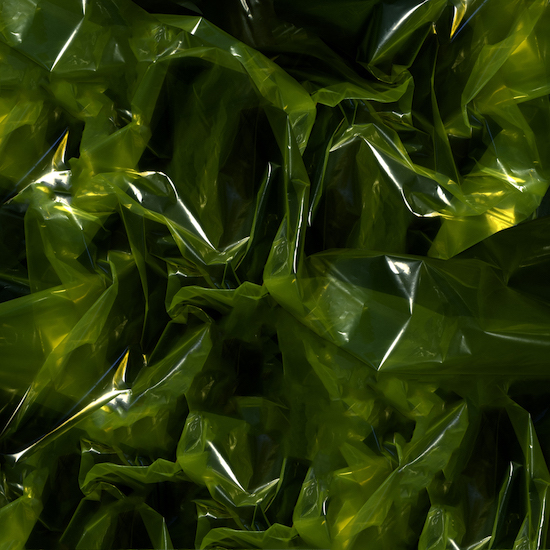Thugwidow’s new EP, Automatic Rhythm, gives the impression of travelling at breakneck speeds while simultaneously remaining completely still. If you’ve ever been looking out of the window of a train when another train overtakes on an adjacent set of rails, you’ll know what I mean: you know that you are moving fast, but you can’t help but feel like you’re not moving at all. On Automatic Rhythm, Thugwidow juxtaposes the crazed momentum of tortured breakbeats with the lethargic dance of distant ambient synths, recreating that uncanny sensation. Cavernous reverbs throughout the record give the impression of vast space. The release becomes a haunting elegy for old-school darkside jungle.
It also becomes an elegy for the sense of identity that came with the 90s urban black music genres. Before the drums come in on the first track ‘Annihilated Persona,’ a Burial-esque sample muses “came up in the streets, I mean America got hip-hop, Jamaica they got their ragga, we got jungle.” In the early 90s, it must have felt like jungle was zooming full throttle into the future. It had embraced cutting-edge music technology developments; it was alien and aggressive and scared the establishment. It was a culture substantial and multifaceted enough to anchor your identity to. Thirty years later, only vestiges remain of the phenomenon that was jungle. We are at a point where mutations of the amen break that must have sounded so futuristic in the 90s feels vintage and retro. The birth of innumerable iterations and subgenres could not prevent jungle’s trajectory into the future from being halted. They merely saturated the market and divided audiences. In the ruins of jungle, Thugwidow finds a perplexing identity crisis.
He responds to this crisis by stripping his meditative take on the genre down to a bare minimum: old-school breakbeats, hollow synths, subtle sub-bass. ‘I’ll Just Cut Myself Open’ is reminiscent of an eternal classic: Rufige Kru’s ‘Beachdrifta’. But it is more subtly produced, sparser, leaner. As the title of the song suggests, ‘I’ll Just Cut Myself Open’ takes apart what it purports to represent, only to reveal that what is inside is both simple and impossibly intricate. The breakbeat is meticulously crafted, layered with effects and automation and rolls so that it becomes something alien and melodic. Although the synth parts are simple, the synth production is complex and beautifully tasteful. The bass is surgically mixed so as to barely intrude on Thugwidow’s meditation. The fragile balance of the track, its ethereal feel, evokes an attitude to making jungle that is hyperaware of the intricacies and subtleties of contemporary music production while almost reluctantly staying true to the ancestral rules of jungle.
In the last two tracks, Thugwidow begins to access the hard, uneasy side of darkside jungle, though these tracks still lack some of the raw edge and DIY energy of the genre. The title track’s beefy breakbeat and deep subs seem haunted by feedback and distressed synths or samples. On ‘Blacklight’, Thugwidow’s breaks reach Venetian Snares levels of crazy over sinister pulsating minor chords. These more rowdy tracks explore the more dangerous and threatening side of UK dance music, but in such a contemplative way that the music’s primary purpose no longer seems like getting a wheel in the club. Rather, Thugwidow seems to want to encourage listeners to reflect on the links between the music of the past and of the present, and between dance music and identity. Rather than empty retro rave nostalgia, this is a repurposing of that nostalgia as a question to the listener. Even if jungle is no longer hurtling into the future, artists such as Thugwidow who acknowledge that fact and use it as a starting point in their work are able to ensure that jungle’s progress doesn’t grind to a complete halt.


